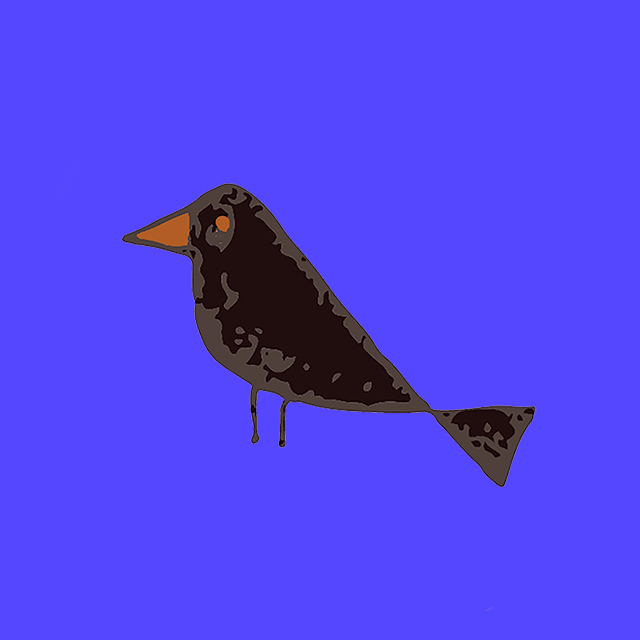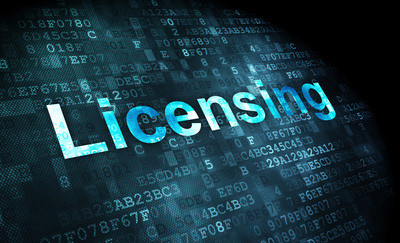
Mar 17•5 min read
Towards self-management - Options for the management of copyrights

[Listen or read the podcast-post IN SPANISH]
The author of a work – be it a book or a painting, or music – knows that he/she has copy-rights, and that the reward for their creativity will depend on how he/she manages those rights. In the previous episode, we looked at how those rights were acknowledged by the Intellectual Property World Organization, and what they actually are: rights of reproduction, interpretation, recording, broadcasting, translation to other languages, and adaptation.
What does management of copyrights mean?
The management of copyrights for any work essentially consists in making (and thus taking) decisions about which rights are going to be granted, who and in what measure they will be granted to (if they are to be exclusive, etc…), the geographical and time scopes, and finally the price to pay for the use of those rights. This management will be formally known as a license of use or use-license.
This happens in the physical world, but also in the digital world. For both cases, up until today, authors grant licenses for the use of their copyrights to those who make their artworks known to the audience and general public. In the physical world, authors sign licensing contracts with those who make copies and distribute them, or with those who exhibit them (editors, record labels, galleries, etc…). On the internet, authors have been using 2.0 platforms up until now. In these platforms, instead of negotiating a contract, authors have to accept the legal terms imposed by the platform as a requisite for the use of their services.
Just to give an example, here are Spotify’s terms referring to the licence that authors grant them:
“You grant Spotify a non-exclusive, transferable, sub-licensable, royalty-free, perpetual, irrevocable, fully paid, worldwide license to use, reproduce, make available to the public (e.g. perform or display), publish, translate, modify, create derivative works from, and distribute any of your User Content in connection with the Service through any medium, whether alone or in combination with other Content or materials, in any manner and by any means, method or technology, whether now known or hereafter created. Aside from the rights specifically granted herein, you retain ownership of all rights, including intellectual property rights, in the User Content. Where applicable and permitted under applicable law, you also agree to waive and not enforce any "moral rights" or equivalent rights, such as your right to be identified as the author of any User Content, including Feedback, and your right to object to derogatory treatment of such User Content.”
No comment.
Up until now, either in the physical world or the digital one, it is whoever receives the license that takes charge of the management of copyrights, and the author receives a previously agreed percentage. The upcoming Internet of Value (or Internet 3.0) has the advantage for authors, in the sense that they will be able to offer licenses to their followers directly, hopefully in the authors’ terms, and of course getting paid directly.
How can the author manage his/her rights today in an efficient way?
In the Intellectual Property World Organization, different management options are considered. The author can negotiate their licenses’ contract either on an individual or a collective basis, in the latter through a management corporation or an agency.
For the author who is going to negotiate a license contract individually, it is essential that they should be well-informed. It is also hugely recommended to be advised by their attorney if they want to negotiate with a publishing company or a record label. For some distribution forms, like the broadcasting in media through licenses that are non-exclusive, the general procedure is to go to collective management entities, as recommended by the Intellectual Property World Organization. On the other hand, on the Internet, platforms have given authors a certain feeling of independence that we often mistake as self-management, although as we have seen in the case of Spotify before, the reality is that authors do not settle the terms of their licenses.
However, the Internet of Value 3.0 opens new possibilities for authors in the self-management of copyrights, with one of the possibilities being that authors themselves can define and set how their licenses in any given case, especially if they want to grant exclusive licenses, and work on-demand for their clients. To make this possibility into a reality in the form of an app for authors who want to self-manage is something I have been working very hard on, ever since I discovered this new technology’s possibilities. I hope I will be able to tell you more about this matter soon.
For the time being, and as a summary of what we have seen today, it is important to remember that:
1. Authors have Copyrights associated to Intellectual Property recognized for each and every one of their works.
2. Copyrights of each work are well-defined, and their use is managed through the different use-licenses for which the author receives compensation.
3. There are different management options, the collective and personal ones included, and the author can choose which one is the more adequate in any given case.
The upcoming Internet of Value opens new ways that are not possible on the current Internet 2.0. We will talk about these new possibilities – including those NFTs that everyone has been talking about these days – in upcoming episodes.
Georgina Mauriño,
Author and founder of Smartists on Stacks, building a user owned Internet.
